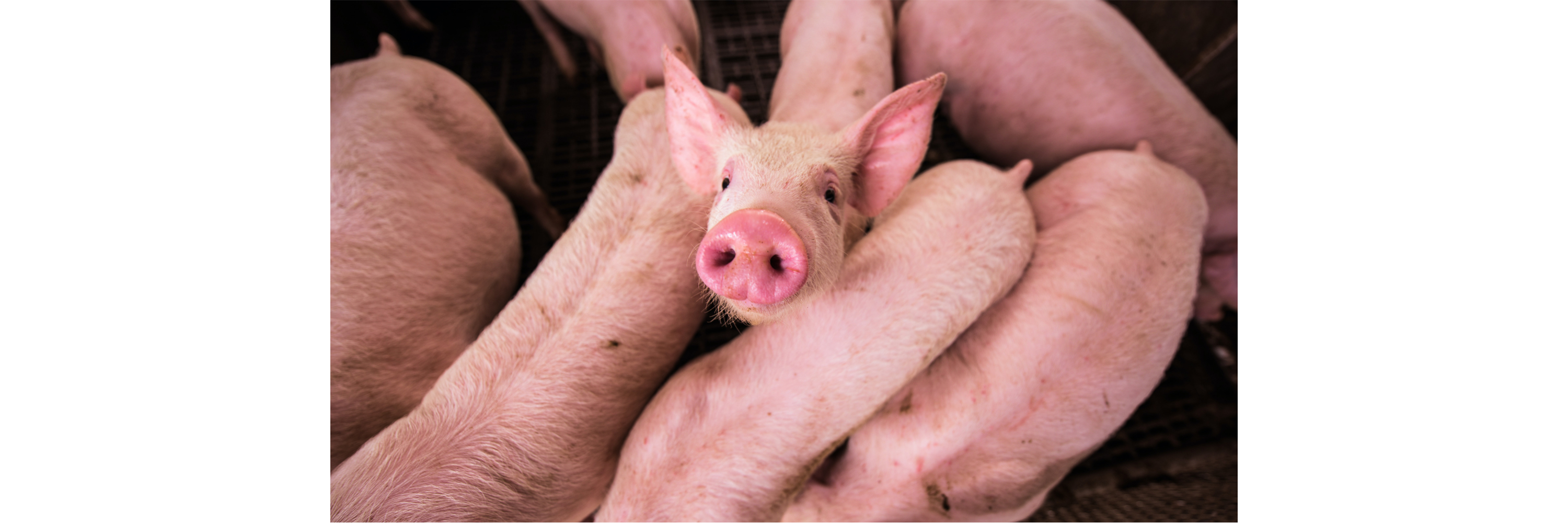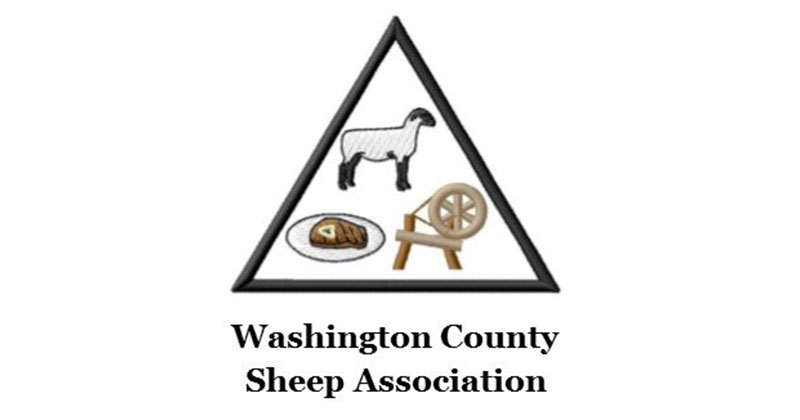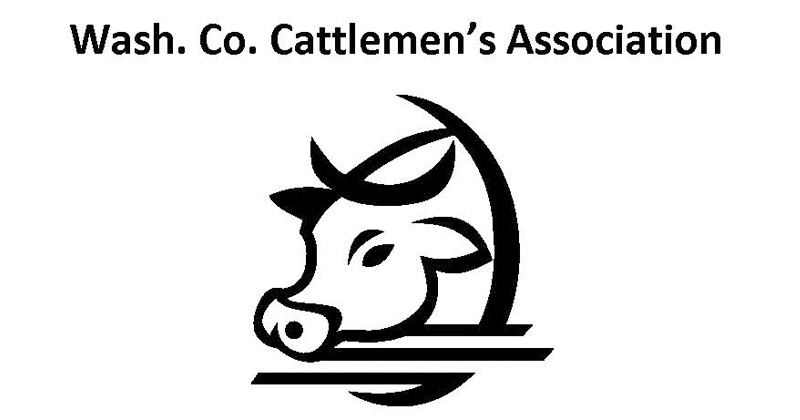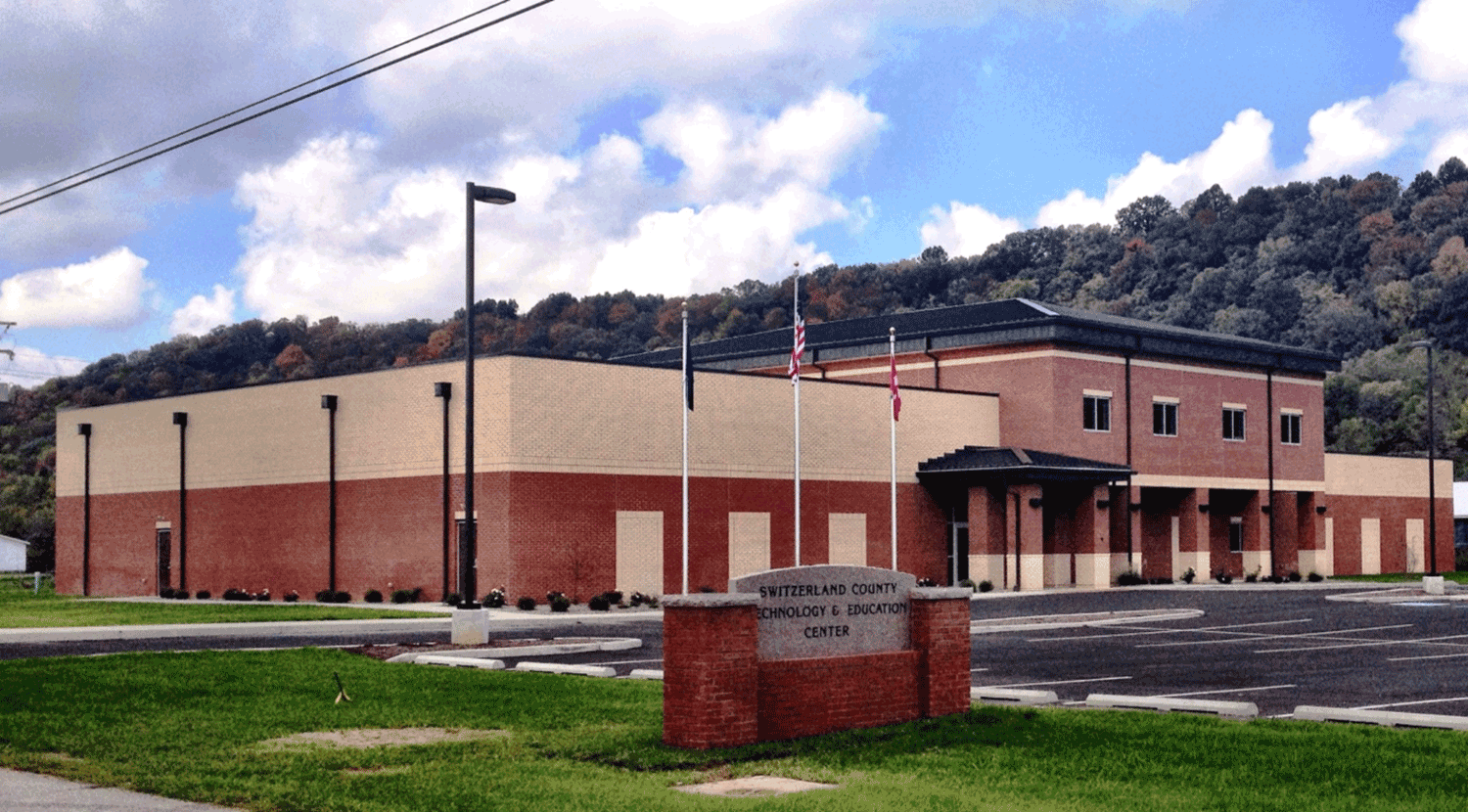News and Articles
Recent Posts
5 indoor activities for kids that are easy, expert-backed — 26 February 2026
Keeping young children entertained, especially on cold or rainy days, can be challenging, but Wendy Collingwood, Purdue Extension childcare...
Indiana sheep shearing school open for registration — 25 February 2026
The Indiana Sheep and Wool Market Development Program is sponsoring a shearing school, hosted by the Indiana Sheep Association (ISA), on Saturday,...
Be Heart Smart Programs Combat Heart Disease in Northwest Indiana — 25 February 2026
Purdue Extension-Lake County hosts Be Heart Smart Programs to combat heart disease in Northwest Indiana.
Purdue Extension virtual workshop series offers strategies to future-proof farms — 24 February 2026
Purdue Extension invites Indiana farmers and agricultural families to attend the virtual series “Farm Shield: Protecting Your Legacy from...
Uniting Indiana residents against invasive species — 23 February 2026
Purdue Extension has helped subdue invasive species ranging from kudzu and emerald ash borer to thousand canker disease and spongy moth. The work...
Have You Seen a Soaring Eagle Lately? — 20 February 2026
Have you seen a bald eagle recently?
Making the best better: Strengthening teen leadership skills — 17 February 2026
Since 1904, 4-H programs in all 92 Indiana counties have invested in and empowered Indiana’s youth. Purdue Extension continues this legacy by...
Invasive Species Can Affect Us in Many Ways — 13 February 2026
Invasive species, if left uncontrolled, can and will limit land and water use now and into the future. The longer we ignore the problem, the harder...
Teaching small steps to achieve healthier lives — 09 February 2026
When Terry Briscoe’s doctor recommended the Food Is Medicine program led by Purdue Extension Miami County, Briscoe was skeptical. He was...
Fast-Growing Trees for the Landscape — 06 February 2026
“I lost my prized shade tree! What can I plant that will grow fast and give me shade?”
Washington County Cattlemens Association Annual Meeting — 05 February 2026
The Washington County Cattlemen’s Association is hosting their annual meeting on Thursday, March 5, 2026 at 6:30 pm in Salem, IN.
A Taste of Lamb — 05 February 2026
The Washington County Sheep Association is hosting their annual “A Taste of Lamb” event on Friday, April 10, 2026 at 6:30 pm in Salem, IN.
Vigo 4-H Feb. 2026 Newsletter — 05 February 2026
We have a few updates in this months newsletter. Make sure you save the important dates!
OISC Core and Cat. 14 Training Opportunity offered in SW Indiana — 05 February 2026
Purdue Extension is providing a training program to help Private Applicators prepare to take the Core Exam and Category 14 exam (for those...
February 2026 Clover Chronicle — 04 February 2026
There's still time to get enrolled in 4-H this February-join the fun and get started on your projects today!
Spend Spring Break With 4-H — 04 February 2026
Programs available for 4-H members during spring break.
Easter Cheese Balls — 03 February 2026
Washington County Jr. Leaders will be selling cheese balls for Easter. Orders are due March 23.
February-March 2026 Newsletter — 02 February 2026
The February-March 2026 Purdue Extension Washington County Newsletter is now available.
Saving one of Indiana’s top crops from tar spot — 02 February 2026
Tar spot looks innocuous at first, but the tiny black dots on leaves scattered across a cornfield can lead to significant yield losses —...
“Exploring 4-H” for Grade 2 Kicks off in February — 02 February 2026
Eligibility in the regular 4-H program necessitates one must be in Grades 3 through 12 as of January 1 of the current year. However, second graders...
I Want to Sell Firewood; What Do I Need? — 30 January 2026
I recently had a request from an individual about what they need to sell firewood legally, and with all the wood stove users and campers out there,...
Purdue Extension conference to feature speakers, trade show tailored to small farmers, horticulture producers — 29 January 2026
The 2026 Indiana Horticulture and Small Farm Conference will take place at the Hendricks County Fairgrounds on March 3-5. This year’s merged...
Lawrence County Cattlemen's Scholarship — 29 January 2026
Up to four $1,000 scholarships will be awarded to four qualified high school graduates from Lawrence County.
2025 Annual Summary — 28 January 2026
Switzerland County Extension works to actualize that mission by offering a variety of programs in the Ag & Natural Resources, Health and Human...
Winter Newsletter 2026 — 28 January 2026
Dive into the Winter 2026 Newsletter for updates across Agriculture & Natural Resources, Health & Human Sciences, and 4‑H Youth...
























